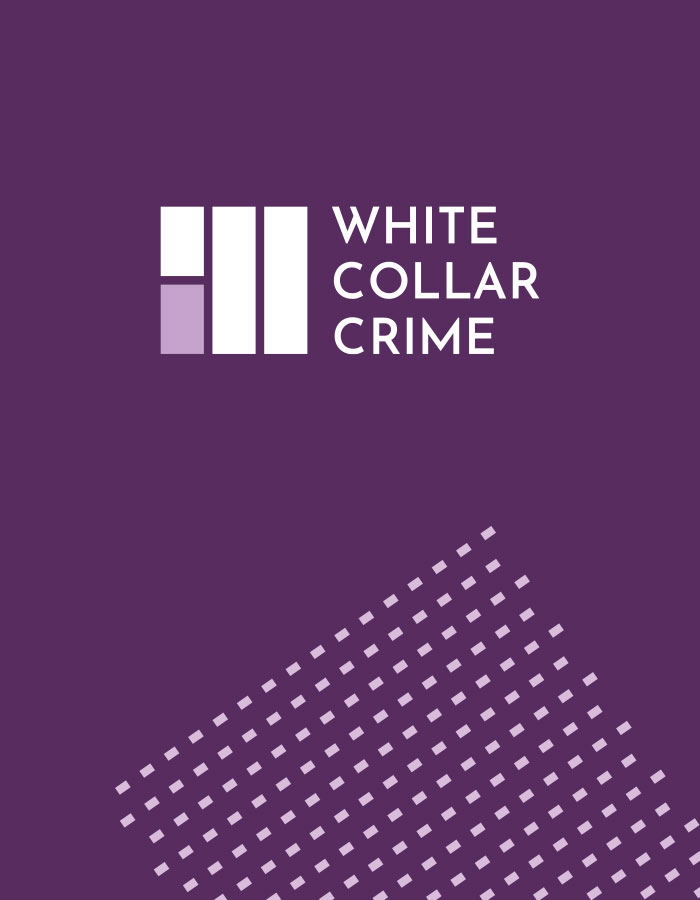Speedread: This briefing considers the international perspective on cryptoassets and external application of Proceeds of Crime Act 2002, after the ruling in AA v Persons Unknown [2019] EWHC 3556 (Comm). In particular, the briefing discusses the proprietary position of cryptoassets overseas and how mutual legal assistance for restraint and confiscation proceedings is impacted.
Cryptoassets, the Proceeds of Crime Act 2002 and AA v Persons Unknown
In December 2019, the High Court ruled in AA v Persons Unknown that cryptoassets were property in England and Wales. For reference, cyptoassets are “cryptographically secured digital representations of value or contractual rights that use some type of distributed ledger technology (DLT) and can be transferred, stored or traded electronically.”[1]
The ruling while groundbreaking, was hardly unanticipated. Afterall, the lower civil and criminal courts had previously treated Bitcoin and Ethereum as property for civil freezing orders and confiscation under the Proceeds of Crime Act 2002 (POCA 2002).
From a POCA 2002 perspective the AA decision provides a new avenue for exploration. The ability to treat all cryptoassets as property, allows prosecutorial and investigative bodies in England and Wales to pursue all illegal cryptoassets.
The Proprietary status of Cryptoassets Internationally
Not all countries use the lexicon cryptoasset[2] but many do accept the technology can exist in different forms and for separate purposes. Like the terminology, the proprietary status of cryptoassets varies from country to country.
The High Court in AA v Persons Unknown was not the first Court to determine a form of crypto as property. In 2018 the Singapore International Commercial Court declared cryptocurrency (not all cryptoassets) as property in B2C2 Ltd v Quoine Pte Ltd [2019] SGHC(I) 03.
Other countries are also alert and active to the proprietary uncertainty around cryptoassets.
Australia has not formally acknowledged cryptoassets as property, but its courts have used their powers under Proceeds of Crime Act 2002 (Australia) to restrain, freeze and auction cryptocurrencies. In England and Wales, the criminal courts and lower civil courts determined cryptocurrencies were property several years ahead of AA, before the High Court made it official. It seems Australia might be on a similar course.
Another country exploring the proprietary status of cryptoassets is the United States of America. In February 2019, the state of Wyoming passed legislation classifying ‘digital assets’ as property within the state. At the federal level, the status of cryptoassets is still amorphous.
The Securities and Exchange Commission (SEC) determined that cryptocurrency tokens (the FCA’s ‘security tokens’) are securities and regulate initial coin offerings (ICOs). The Internal Revenue Service also considers cryptoassets taxable property, so at times the same cryptoasset may simultaneously fhave several proprietary definitions.[3] In February 2019, the Blockchain Promotion Act 2019 was introduced to Congress for the purpose of creating a ‘working group to recommend to Congress a definition of blockchain technology, and for other purposes.’ Reportedly in December 2019, Republican Congressman Paul Gosar was entertaining a ‘Cryptocurrency Act of 2020’. A ‘discussion draft,’ clarifying which federal body regulates each cryptoasset, it however is yet to make its debut in Congress.[4]
Some countries seem content to regulate cryptoassets or tax cryptoassets but not go any further.
The South African Revenue Service has called cryptocurrency tangible property, but only when dealing with income tax.[5] Helpfully, Brazil considers cryptoassets as income for the purpose of tax[6] and legislators appear ready to explore further cryptoassets’ position. For example, Projeto de Lei N 2,060/2019 (Draft Bill 2,060/2019), seeks to enhance the use of ‘cryptocurrencies and virtual tokens’ in a way that is productive to the financial industry and preventative of illegal activity.[7]
Bermuda has regulated FinTech and certain cryptoassets but has not established a propriety position. The Digital Asset Business Act 2018 granted the Bermuda Monetary Authority (BMA) regulation over businesses dealing in cryptocurrency tokens. Companies are encouraged to conduct their ICOs in Bermuda, those that remain are regulated by the BMA in line with the Bermuda Insurance Act 1978.[8] The overall environment in Bermuda appears to be welcoming toward cryptoasset and FinTech growth.
Bermuda’s relationship with cryptoassets is a stark contrast to Bolivia’s, where cryptocurrencies are not only unregulated but also banned from use within the country since 2014.[9]
An overview of Mutual Legal Assistance Requests from the United Kingdom
The powers under POCA 2002, to restrain and confiscate assets are available externally through Mutual Legal Assistance (MLA). Mutual Legal Assistance (MLA) is the international process where one country (requesting state) formally requests another (the receiving state) for assistance with criminal investigations. Orders under POCA 2002 are available for international use under Section 74 of POCA 2002.
The request to the receiving country is to either prohibit the item from being dealt (restraint) or to prohibit then realise the asset (confiscation). The request not only requires dual criminality, but also the requesting country to acknowledge the asset as property. Section 74(3)(b) outlines that “realisable property is realised and the proceeds are applied in accordance with the law of the receiving country.” At the time of request, investigations or proceedings in England and Wales must have commenced. If the request is successful it is sent to the relevant court or authority in the jurisdiction for enforcement.
Can the Courts of England and Wales pursue illegal cryptoassets abroad?
The answer depends solely on the country. For many countries, the requirement for dual criminality (i.e. in a case of theft or fraud) or ‘realisable property’ will remain unsatisfied because cryptoassets are not considered property.
Alternatively, countries such as Australia, offer an optimistic landscape for external POCA 2002 orders. With the Australian courts and authorities already treating cryptoassets as property under their Proceeds of Crime Act 2002, dual criminality and the need for ‘realisable property’ might be satisfied. Therefore, a request for MLA to restrain or confiscate cryptoassets has the potential to succeed.
Conclusion
It is unclear whether other countries will take the leap to recognise cryptoassets as property. Overall, countries are beginning to acknowledge the need to engage with and at least regulate cryptoassets.
Once more countries conclusively define their proprietary relationship with cryptoassets, the external POCA 2002 orders will be ready for deployment against illegal cryptoassets. But until then, courts in England and Wales will have to confine attempts to access foreign held criminal cryptoassets to the limited countries where the position is mutual.
[1] The Financial Conduct Authority, “Guidance on Cryptoassets Feedback and Final Guidance to CP 19/3“, July 2019, last accessed 11 February 2020
[2] Apolline Blandin, Ann Sofie Cloots, Hatim Hussain, Michel Rauchs, Rasheed Saleuddin, Jason Grant Allen, Bryan Zhang, Katherine Cloud, Global Cryptoasset Regulatory Landscape Study, April 2019, pages 36 - 38 last accessed 21 February 2020
[3] Carol Goforth, US Law: Crypto is Money, Property, a Commodity, and a Security, all at the Same Time, 7 December 201, last accessed 21 February 2020
[4] Cali Haan, Draft “Cryptocurrency Act of 2020” Circulated in US House of Representatives, 23 December 2019, last accessed 20 February 2020
[5] South African Revenue Service, SAR’s Stance on The Tax Treatment of Cryptocurrencies, 6 April 2018, last accessed 21 February 2020
[6] Ricardo Luiz Becker and Fabio Tarandach, Cryptocurrency Transactions Fall on to the Brazilian Federal Revenue’s Radar, 23 December 2019, last accessed 21 February 2020
[7] PL 2,060/2019
[8] William Cooper, Chris Garrod, Jacqueline King, Victor Richards, David Stubbs, Digital Asset Business Act Marks a New Chapter in Bermuda’s Fintech Revolution, August 2018, last accessed 21 February 2020
[9] Banco de Central de Bolivia, Resolución de Directorio No 044/2014, 6 May 2014; Banco de Central de Bolivia, Comunicado 04/2017, April 2017







